AI Weekly – May 19, 2025
This week, the AI landscape witnessed significant advancements, from major tech conferences unveiling new AI tools to groundbreaking infrastructure projects in space.
1. Microsoft Embraces the ‘Agentic Web’ at Build 2025
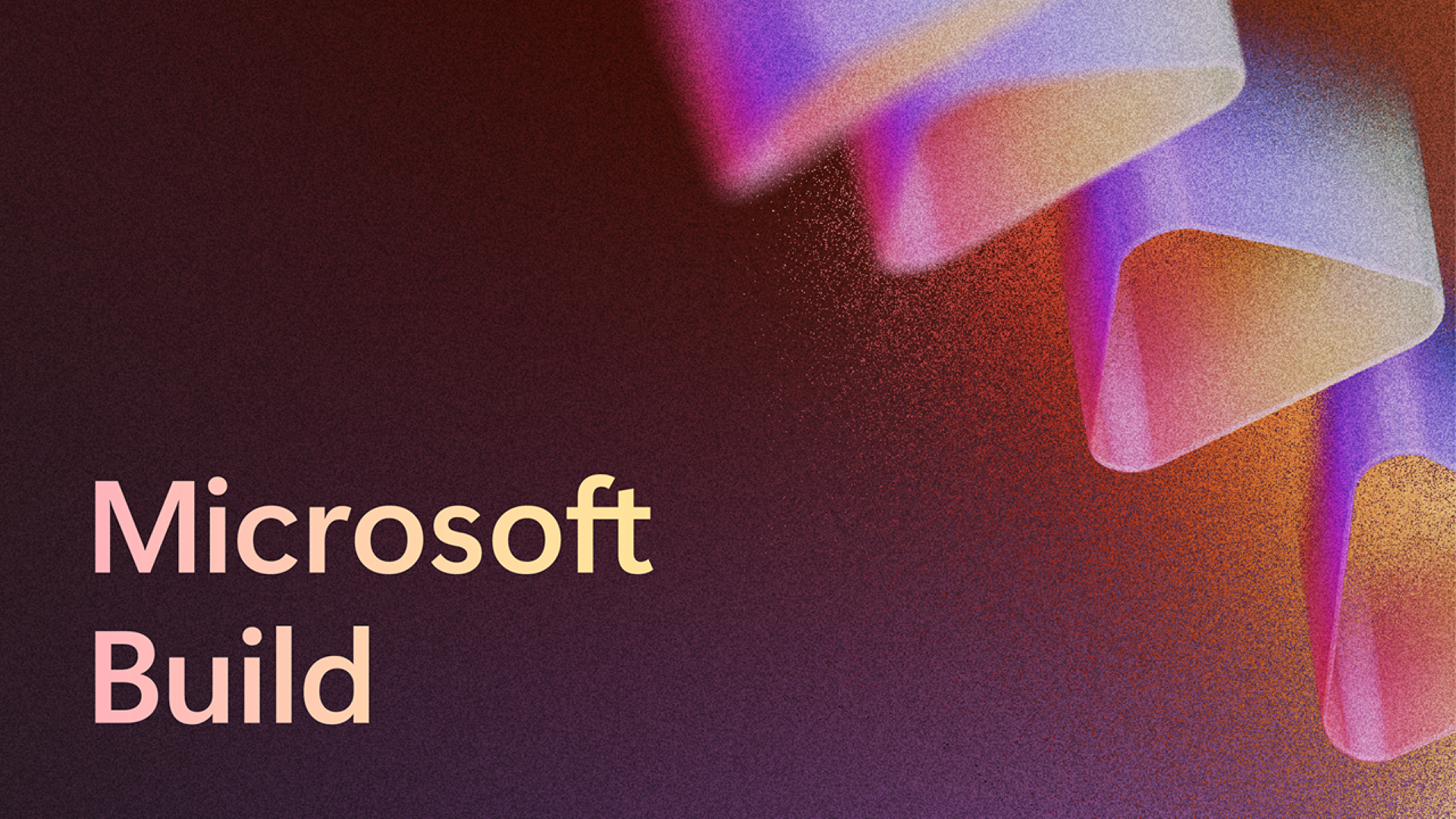
At the Build 2025 conference, Microsoft introduced its vision for an “open agentic web,” emphasizing AI agents capable of performing tasks autonomously. Key announcements included:
- GitHub Copilot Enhancements: New features allow developers to streamline coding tasks with improved AI assistance.
- Integration of Third-Party Models: Microsoft’s Azure will host AI models from partners like xAI, Meta, Mistral, and Black Forest Labs, expanding the diversity of AI tools available to developers.
- NLWeb Project: An initiative aimed at simplifying the development of AI-powered natural language web interfaces.
These developments underscore Microsoft’s commitment to fostering an ecosystem where AI agents can operate seamlessly across platforms. (blogs.microsoft.com)
2. OpenAI Launches Codex: A New AI Coding Agent
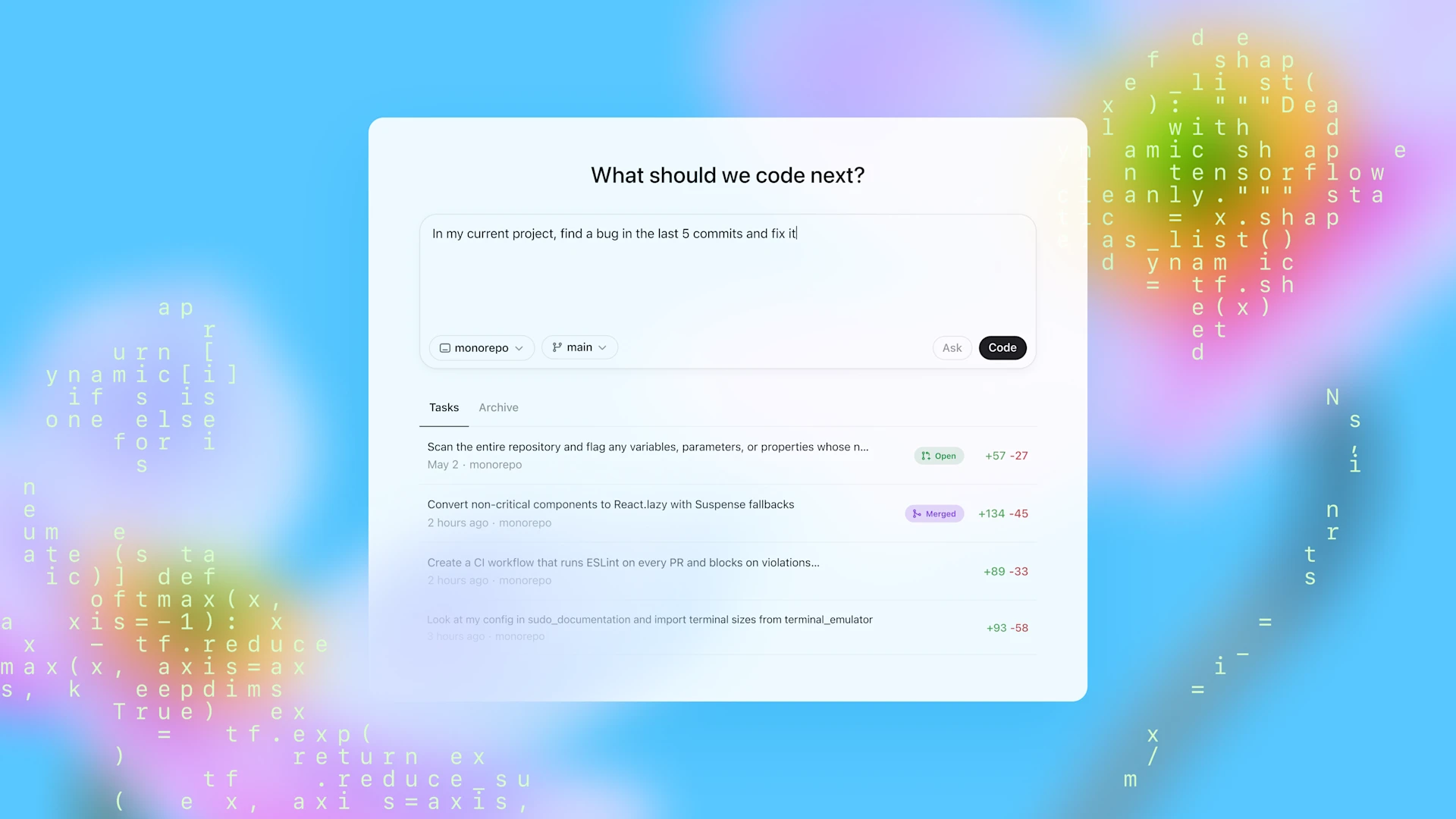
OpenAI has unveiled Codex, a cloud-based AI coding agent integrated into ChatGPT, designed to automate various software development tasks. Powered by the new codex-1 model, Codex can:
- Write and Edit Code: Generate new features and modify existing codebases.
- Debug and Test: Identify bugs and run tests to ensure code reliability.
- Understand Codebases: Answer questions about a project’s code structure and functionality.
- Propose Pull Requests: Suggest code changes for review and integration.
Codex operates within a secure, isolated environment, preloaded with the user’s repository, and can handle multiple tasks in parallel, typically completing them within 1 to 30 minutes. Initially available to ChatGPT Pro, Team, and Enterprise users, OpenAI plans to expand access to Plus and Edu subscribers soon. This launch positions OpenAI competitively in the AI-assisted software development space, alongside tools from Anthropic and Google. (openai.com)
3. China Launches Orbital AI Supercomputer Project
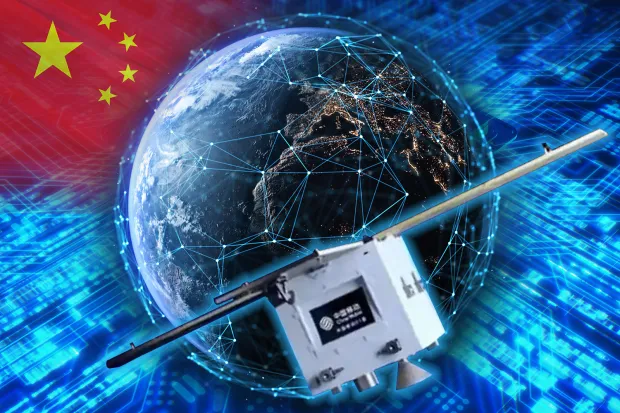
China has embarked on assembling an AI supercomputer in space, consisting of 2,800 interconnected satellites. This constellation, named “Star Compute,” aims to process data directly in orbit using onboard AI processors and laser communication links. The project promises to revolutionize data processing by reducing reliance on ground stations and enhancing real-time analytics capabilities. (thesun.ie)
4. Nvidia Announces Major Investments in Taiwan
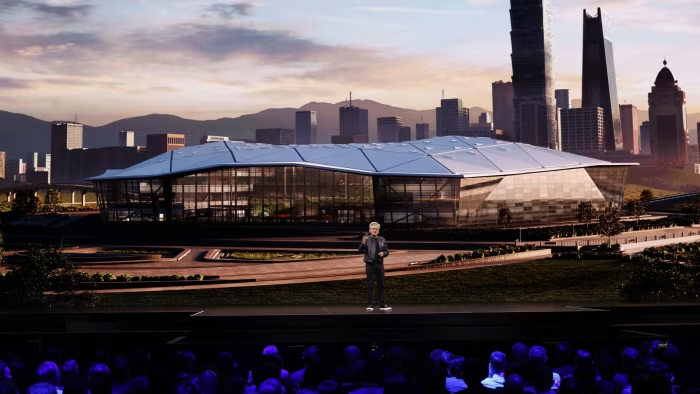
During the Computex tech show in Taipei, Nvidia CEO Jensen Huang revealed plans for:
- New Headquarters: Establishing a significant presence in Taiwan to bolster research and development.
- AI Supercomputer Collaboration: Partnering with Foxconn’s Big Innovation Company and the Taiwanese government to build a supercomputer utilizing 10,000 of Nvidia’s Blackwell chips.
These initiatives reinforce Taiwan’s position as a global tech hub and highlight Nvidia’s strategic investments in AI infrastructure. (ft.com)
5. Dell Unveils AI Servers Powered by Nvidia Chips
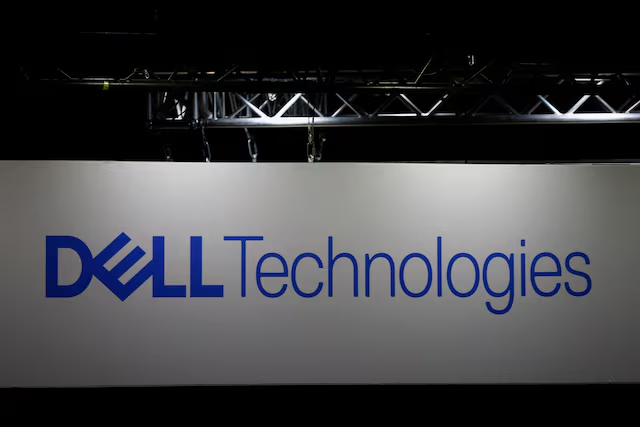
Dell Technologies introduced a new series of AI servers equipped with Nvidia’s advanced Blackwell Ultra chips. Key features include:
- Enhanced Performance: The servers offer AI model training capabilities up to four times faster than previous models.
- Scalability: Configurations support up to 192 Nvidia Blackwell Ultra chips, with customizable options accommodating up to 256 chips.
- Compatibility: The servers are designed to work with Nvidia’s upcoming Vera CPUs, successors to the Grace series.
This launch aims to meet the growing enterprise demand for robust AI infrastructure. (reuters.com)
📌 Summary
- Microsoft: Introduced the concept of an “open agentic web” and expanded AI model offerings on Azure.
- OpenAI: Launched Codex, an AI coding agent integrated into ChatGPT, to automate software development tasks.
- China: Initiated the assembly of a space-based AI supercomputer, “Star Compute.”
- Nvidia: Announced significant investments in Taiwan, including a new headquarters and AI supercomputer collaboration.
- Dell: Launched new AI servers powered by Nvidia’s Blackwell Ultra chips to meet enterprise AI demands.
Stay tuned for more updates as the AI landscape continues to evolve rapidly.
Let’s enhance the future of AI together.